
Thieving Wind: Acupuncture to Restore the Will & Resurrect the Spirit
Acupuncture is as effective in treating mental-emotional issues as physical ailments. Psychological issues are one of my main interests as a clinician of Chinese medicine. I’ve used acupuncture to regulate my own mental health as well as that of my patients for years, with much success.

Several psycho-emotional and psycho-somatic symptoms, including insomnia, anxiety, depression, sexual disorders, panic attacks, frequent urination, low back pain, chest tension, are due to what is known in Chinese medicine as “miscommunication between the Heart and Kidney” energies.
In Western thinking, communication between the Heart and Kidney is related chiefly to the hormonal and circulatory systems. Hormonal imbalance has a major impact on one’s mental-emotional health, including sleep and mood. Circulation also, especially blood deficiency and blood stagnations also impacts the mind and emotions.

Chinese medicine is spiritually-minded medicine. It sees each of the organ systems and their energies having physical as well as mental-emotional effects. Each organ contributes not only to our physical well-being, but also to our spiritual evolution.
Spirit is often seen as something etheric, but in most shamanic traditions it is seen as closely related to nature. To see spirit in the world around us; to see nature at work within our own bodies brings us into a more connected way of thinking. We are not separate from nature. Our bodies function in much the same way.
The acupuncture channels are associated with the primordial “Five Elements” of nature: Fire, Earth, Metal, Water and Wood. Ancient Taoist and Confucian philosophy sees all of existence being associated with one of these elements. They are the original building blocks of creation: the universal ingredients for all life and form. They are all the primordial building blocks of our bodies.
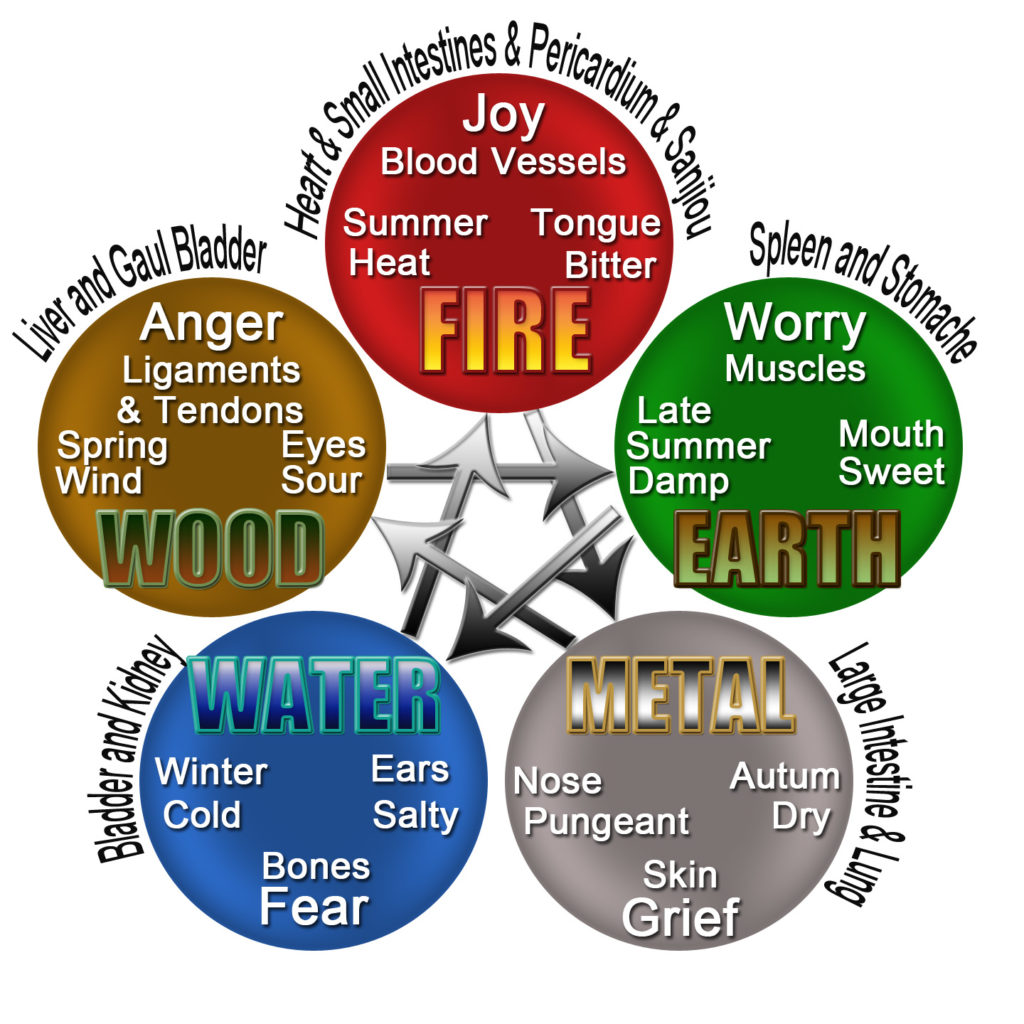
We as humans are also made of the Five Elements. Fire is what allows transformation and metabolic function. Water is our DNA, containing the code for cycles of growth and decline. Wood is the aspect of ourselves that strives and reaches, unfolds and flourishes; it creates the circadian rhythms of the body. Earth is our flesh and form, as well as our ability to continually nourish and rebuild ourselves. Metal is our breathing, respiration and spiritual sense of connection to the divine and unseen; it is also the portal between life and death.
The energy of life that flows through the body is called “Qi” by the ancient Chinese. Qi is often defined as “ vital energy,” but more importantly it is relationship. All Five Elements must relate and interact with one another in a harmonious and mutually supportive way for life to exist and thrive.
Disease and disorder within our bodies and minds are often due, not to a problem in an organ but the a dysfunction in the relationship between the organs and their “Qi.” Just as problems in our lives are often rooted in disharmony within our relationships, social and personal.
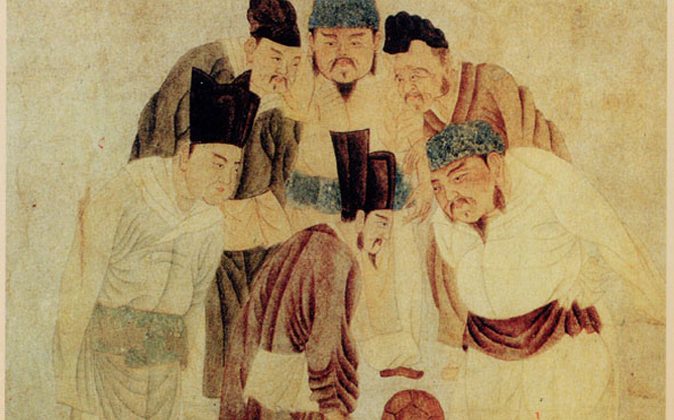
Philosophically speaking, the Kidney energy represents our essential self, our DNA: what we have been programmed ancestrally to be in this life. The Heart is the residence of the spirit, called the “Shen” in Chinese medicine. The Shen is responsible for our sense of animation, enthusiasm, desire.
The interaction between the Kidneys and the Heart creates a pathway for expression. The “true self” as held in the Kidneys can express through the heart via relationships, social interactions, that which we desire, attract and gravitate towards.
When the Kidneys and the Heart are not communicating there are symptoms of dis-ease, often with a mysterious air to them. We may not know why we are anxious, depressed, not sleeping, having pain in our chests or low backs. We may not know why we are waking at night to urinate or why we feel a sense of panic, depression or even dread.

Heart-Kidney miscommunication makes us feel “cut off” from ourselves. We may lose enthusiasm or sense of direction in life. We lack the unconscious feeling that we are “on our path,” “in the flow,” living life to the fullest. We may even feel we aren’t connected ourselves: a very unsettling state.
Shock, fear and trauma are common causes of Heart-Kidney mis-communication. Yet, the “Yin” (passive – internal – sublimating) emotional states of guilt, shame and grief can also cause this type of miscommunication. Anything that disturbs or shocks our sense of self and stability can impact the Heart-Kidneys.
All acupuncture channels have points that create relationship with the Five Elements. The Heart is governed by the Fire Element; the Kidneys by the Water Element. But access to all elements is possible through their acupuncture points.
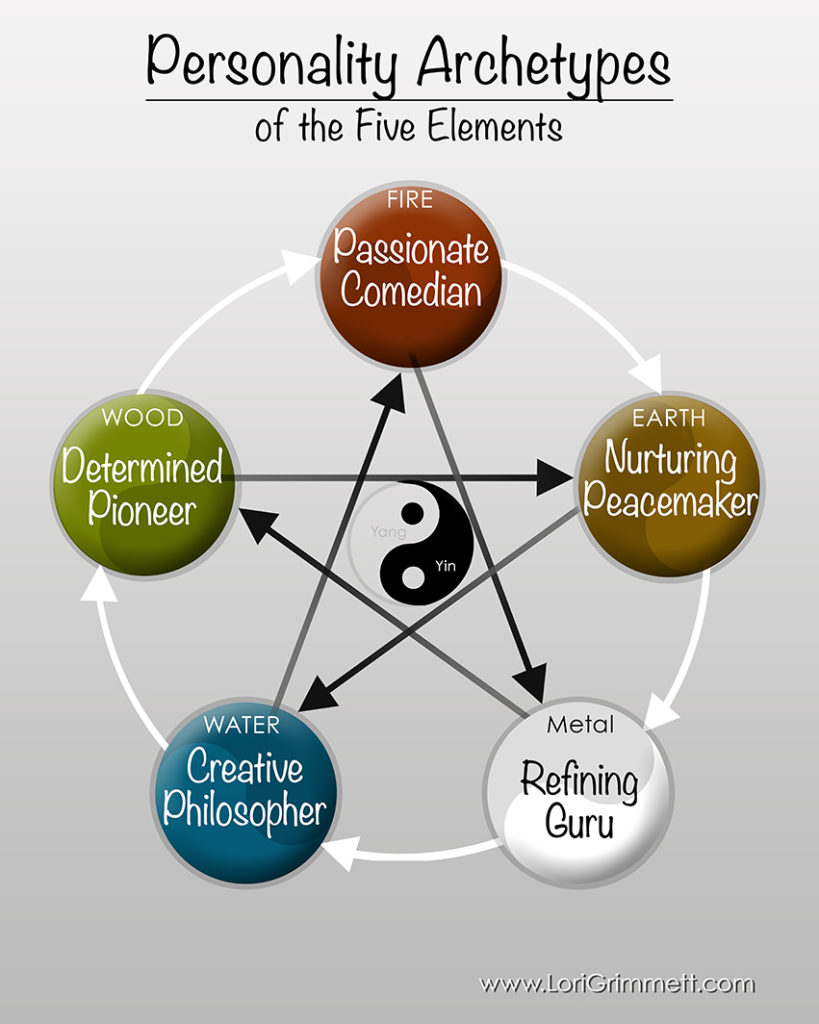
Personality Archetypes of the Five Elements – coined by Lori Grimmett (June 2017).
It’s important to make the Elements into something concrete, rather than allowing them to stay theoretical. The Elements are nature within us. The natural order regulating our lives. Fire is responsible for transformation and maturity. Water for nurturing: it is the base of all life.
When Fire burns out of control, it can create hyper growth and damage. It can consume at too rapid a rate, and even destroy. When Water isn’t transformed by Fire it can become dampness or a flood that drowns life, stopping the transformative capacity of life.
Each acupuncture point gives insight into the process of life, health and disease. The points are living entities, filled with potential to shift body chemistry, function and even form. The acupuncture points also have spiritual attributes: a character and personality that impacts the mind and emotions. Getting to know the acupuncture points provides deeper insight into ourselves.
The Metal element, associated with Air, breath, mineral nutrients, natural order, and justice is that which governs the Lungs. Ancient Confucian doctors recognized the importance of the Lungs and Metal Element in maintaining communication between the Heart and Kidneys.
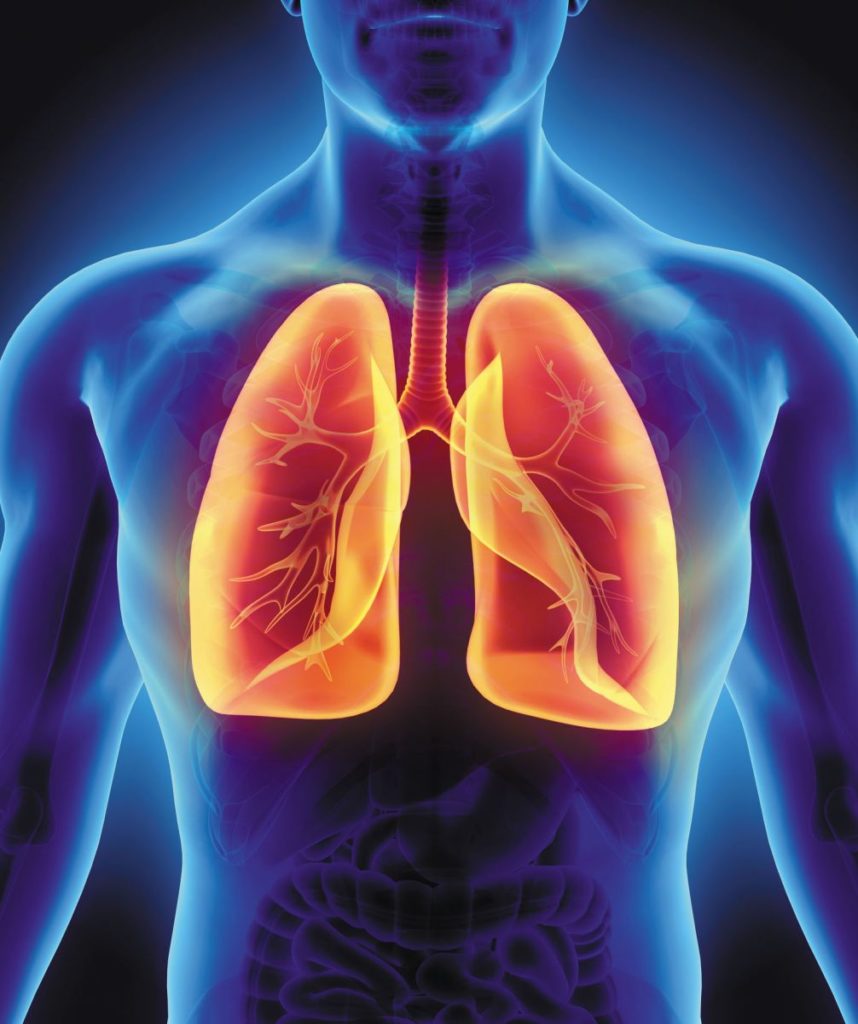
The union of the Heart, Kidneys and Lungs is classically called the “Yi Guan,” or “one-link.” The core Chinese medical textbook Nei Jing says the Heart is like the Emperor of a kingdom. The Lungs are the Prime Minister. The Kidneys are the link to one’s ancestry, a concept very important to the ancient Chinese.
Within Chinese philosophy, a person’s life is ruled by “the mandate of heaven,” as well as by one’s destiny, which is also related to ancestry. There is the “heavenly” or celestial element to life, as well as the Earthly. Heaven and Earth come together through humanity. The Heart and Kidneys represent humanity. They form the union that creates the interactive capacity of human life. They are the ability to form relationship, and use those relationships to learn about oneself. They are the tools by which we create meaning in our lives. They bring the form given by Earth together with the spirit from Heaven to create our life path: our “spiritual mandate.”
The mediating force of the Metal Element via the Lungs is also that which provides morality to our will, desires and drives. The ancient Confucians believed “heaven” and its moral compass lives within us. We instinctively know what is right and wrong, for ourselves, based on our constitution and spiritual path.

When we violate morality, or feel our honor has been violated, this can create a disturbance to the Heart-Kidney communication. It is as if the Prime Minister, whose job it is to maintain the honor and order of the kingdom has been put in jail, or even shot. The Emperor is left without an advisor, without a diplomat to communicate with the ancestors. As a result the kingdom is without guidance, easily swerving off course from its destiny, into danger and disorder.
A manifestation of Heart-Kidney miscommunication is described by the medical classics as causing a person to “lose their will, their mind and their sense of self.” It can make a person become physically weak, and confused as to which direction to take in their lives. It can disturb the smooth, imperceptible flow of the stages of one’s life. The person either dwells to much on the past, especially its disappointments. Or obsesses constantly about the future. In both cases, the person becomes unable to be content in the present moment, essentially missing out on the presence of their life.
Shock and trauma is called “thieving wind” by the Nei Jing. It is a metaphor for something that comes into our lives and disturbs us so deeply we feel our life has been “stolen” from us. This can be in the form of an accident, illness, trauma or disappointment that has left us incapacitated in some way. Thieving Wind is an change in life that is so violent, we find it impossible to move on and heal.
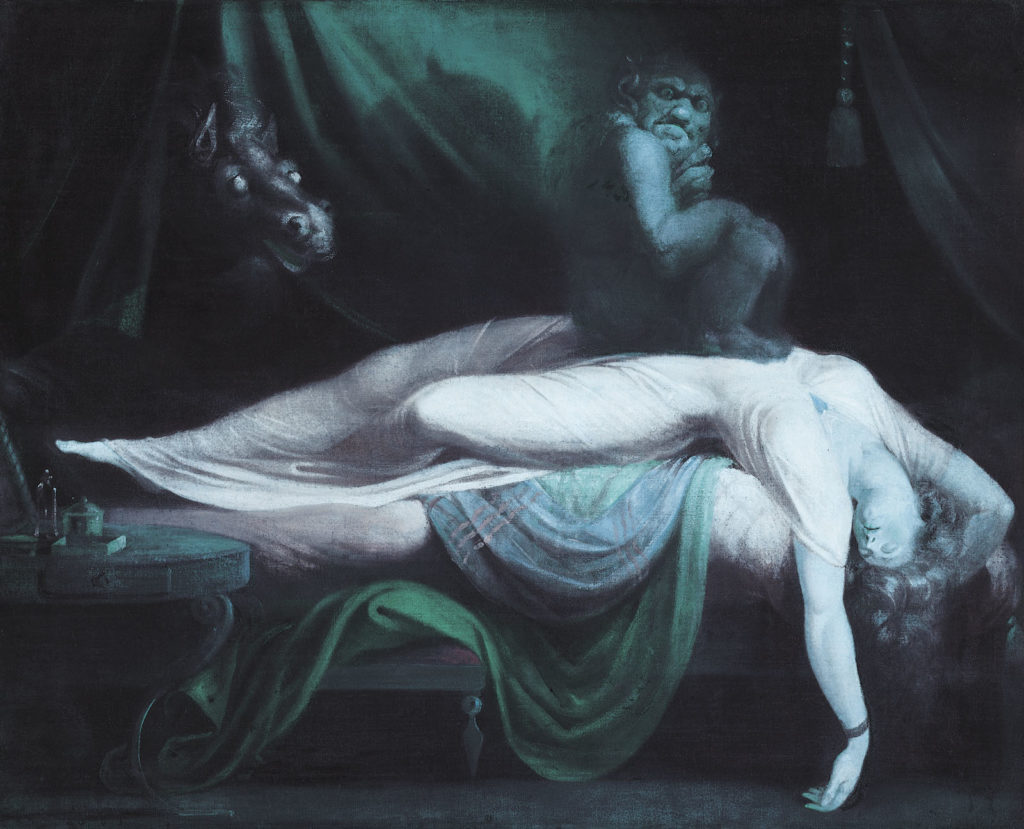
One of the most important acupuncture points to restore Heart-Kidney communication is the point Pericardium-5, called Jian Shi, “the intermediary.” It is the point on the Pericardium acupuncture channel where the energy of Metal and the Lungs communicates and informs. It is like the liaison to the office of the Prime Minister. The Pericardium is classically the channel used to treat trauma, especially when it comes in the form of “thieving wind,” victimization and blood stasis.
The Pericardium is likened to the Emperor’s chief of police, usually seen as “the secret police,” like the KGB or CIA. It is a channel that protects the Heart, the Emperor. But if the kingdom is ruled by disorder, paranoia, victimization, suspicion or tyranny, then the Pericardium will have an oppressive and even offensive character to it. It will value and emphasize control, protection and even isolation over open communication with “destiny.” Such a Pericardium is often seen in people who seem to live in a constant state of trauma, paranoia or post-traumatic stress. These people can be very guarded, armored and defensive. They may have forgotten what caused them to be this way, becoming their character and personality.
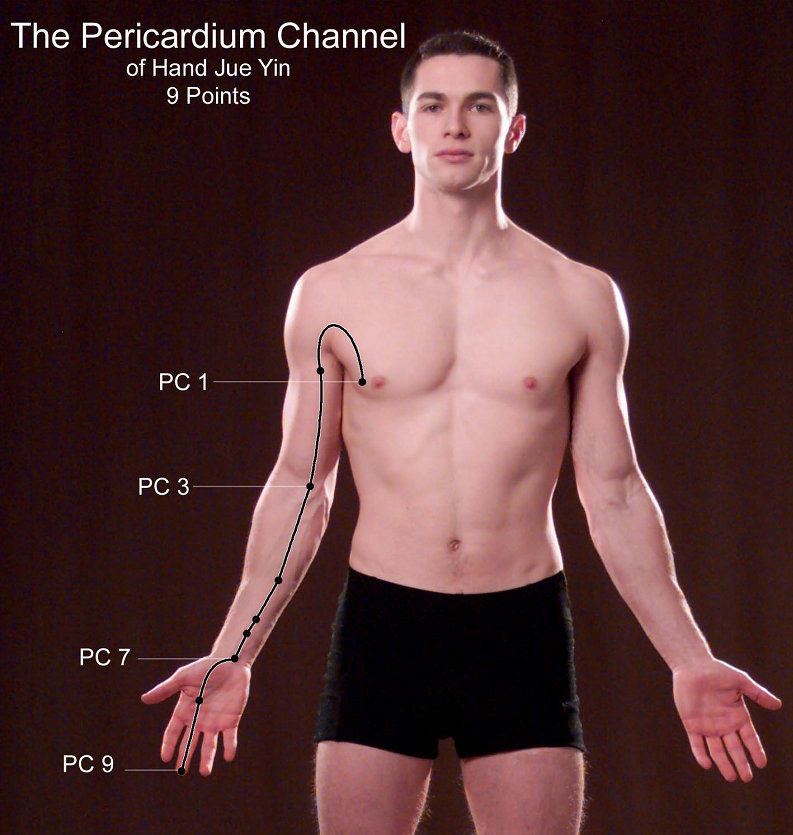
“Zang Zao” is an ancient Chinese medical term given for traumas that are so severe they alter a person’s personality, or create a personality disorder. Zang Zao is a condition associated with the Pericardium, caused by miscommunication between the Heart and Kidneys. People who’ve suffered abuse often present with Heart-Kidney miscommunication or “Zang Zao.”
The point PC-5 is designated a “ghost point,” treating phlegm and blood stasis as predominate factors causing a mental or physical problem.

The term “ghost” has many meanings. In ancient times, demonic entities were considered a cause of disease. In more modern times, a “ghost” can refer to a phlegmatic condition that leads to addictions, obsessions, degeneration, mysterious, lurking diseases, even mental illness such as schizophrenia, manic depression and insanity.
Phlegm refers to a situation in the body where a pathogenic factor, perhaps from the outside world (wind, cold, heat, virus, bacteria etc) has remained unresolved, yet controlled and hidden in the body. Phlegm is the result: fluids that have congealed with other factors to create an insidious environment that impedes the body’s energy and clouds the mind. Phlegm also inhibits the body from fully eradicating a problem, keeping it latent and lurking. Phlegm is one of the most notoriously difficult states to identify and resolve.
During times of change and transition, we are especially vulnerable to “ghost” invasions. Our body and mind can be in a weakened, unsteady place, allowing outside influences to get into our bodies and minds. We may start acting unlike ourselves, taking on other personas and behaviors. This is often seen in people who’ve had a difficult relationship end, or the death of a loved one, or another major loss in their lives. The person may seem to go “crazy” and begin acting self-destructive. This can be a type of “ghost” invasion, with the ghost being the grief or shock that has caused the shift in personality. The loss is the “thieving wind” that seems to have stolen the person’s happiness and stability.

As with much of classic Chinese medicine, the term “ghost” is a metaphor. A person begins acting as if they are possessed, when in fact it is their attachment or trauma that is haunting them: blood or phlegm stasis. The use of PC-5 “nourishes the heart,” by feeding it with blood, to help the person through the difficult transition.
PC-5 also breaks through blood stasis, which can be physical in the form of injury, but can also be mental. Blood stasis can cause intense suffering and pain, as well as stubborn fixations. The person may feel as if they are stuck in time, unable to move forward.
PC-5 is not only the intermediary between the Kidneys and the Heart, it is also a bridge between then and now. It is the “Metal point” on the Pericardium channel, giving a strong influx of energy from the Lungs, which is the organ most responsible for allowing us to be in the present moment. It is also the organ that allows us to let go, release and have catharsis.

The Lungs are also the organ that deals with entities, that which is insubstantial yet tends to haunt us. The influence of the Kidneys acknowledges that much of that which haunts us is of our own creation. We’ve allowed our minds to influenced. We are the ones who are unable to let go and move on. It is our own confusion about the nature of life, that things come and go, there is birth and death everyday, that keeps us in a phlegmatic or blood static state.
Working with the Kidneys in relation to the Pericardium addresses the “shadow” side of ourselves. It strengthen our willpower and sense of personal strength. We begin to will ourselves into sanity, choosing life and renewal over stagnation and degeneration. The Kidneys are the organs that can restart the engine of the body. They are the root of deep renewal. A reminder of what we were born to do. The power of this memory is so strong that it overrides anything else, causing us to surge forward, letting go of all that is decayed or hampering movement into our destiny.

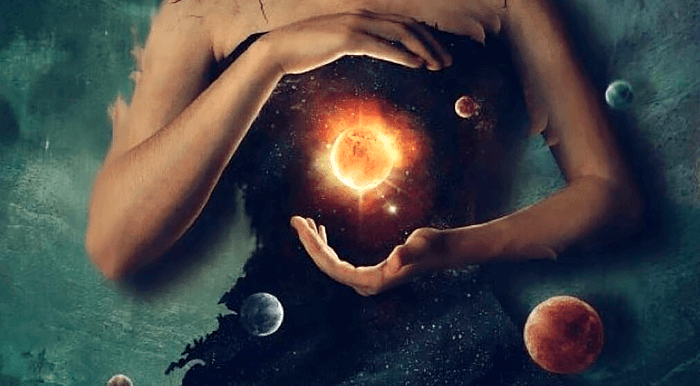

No Comments